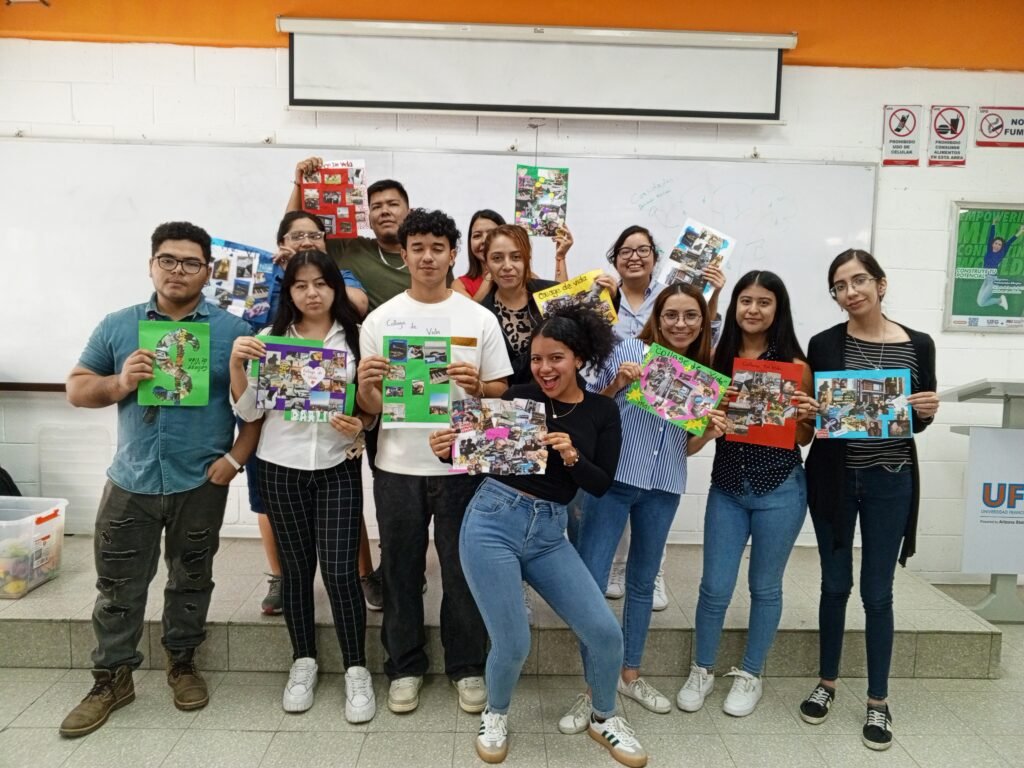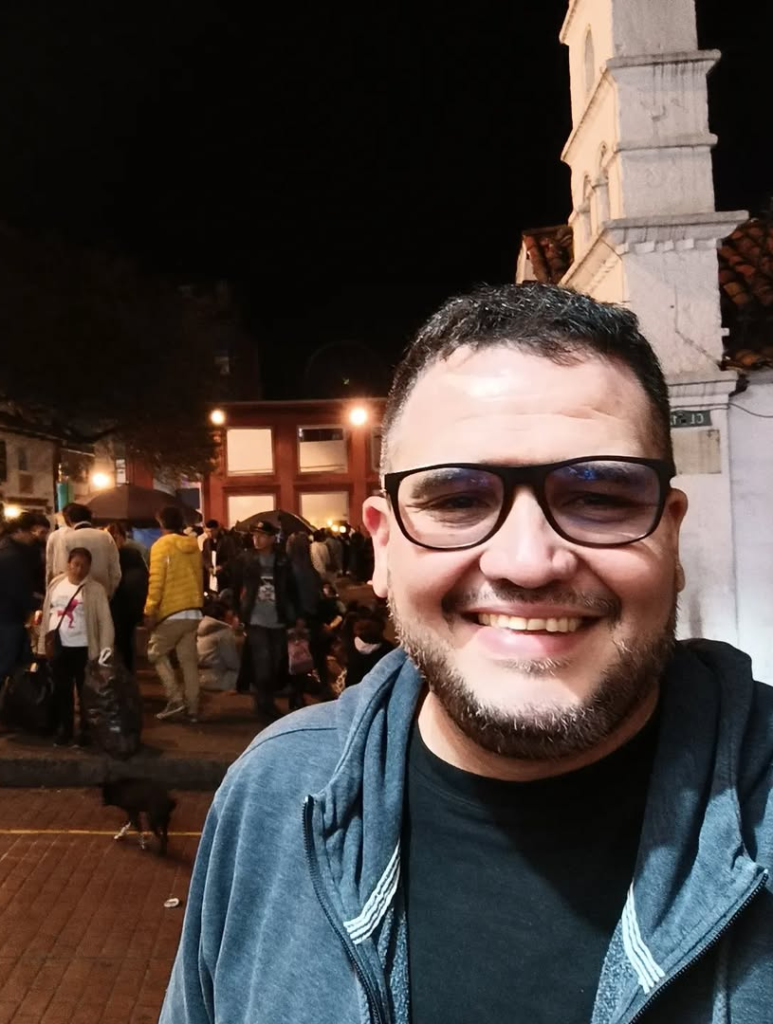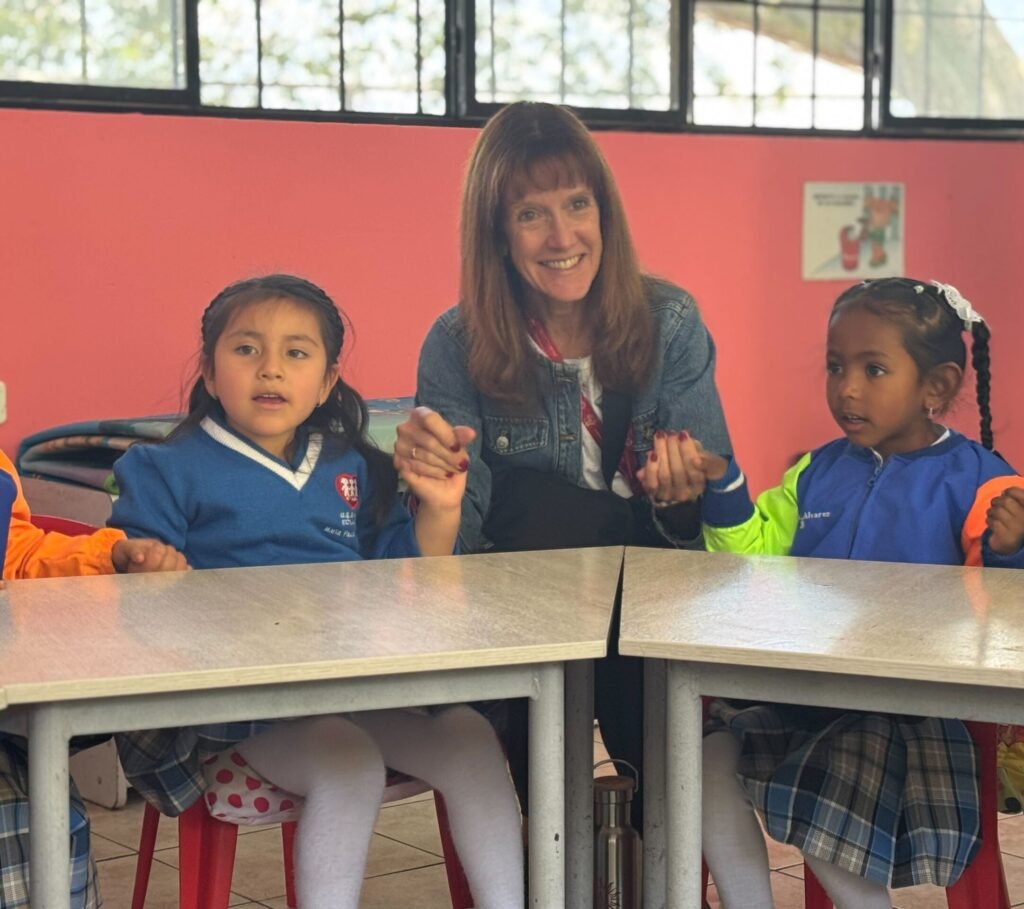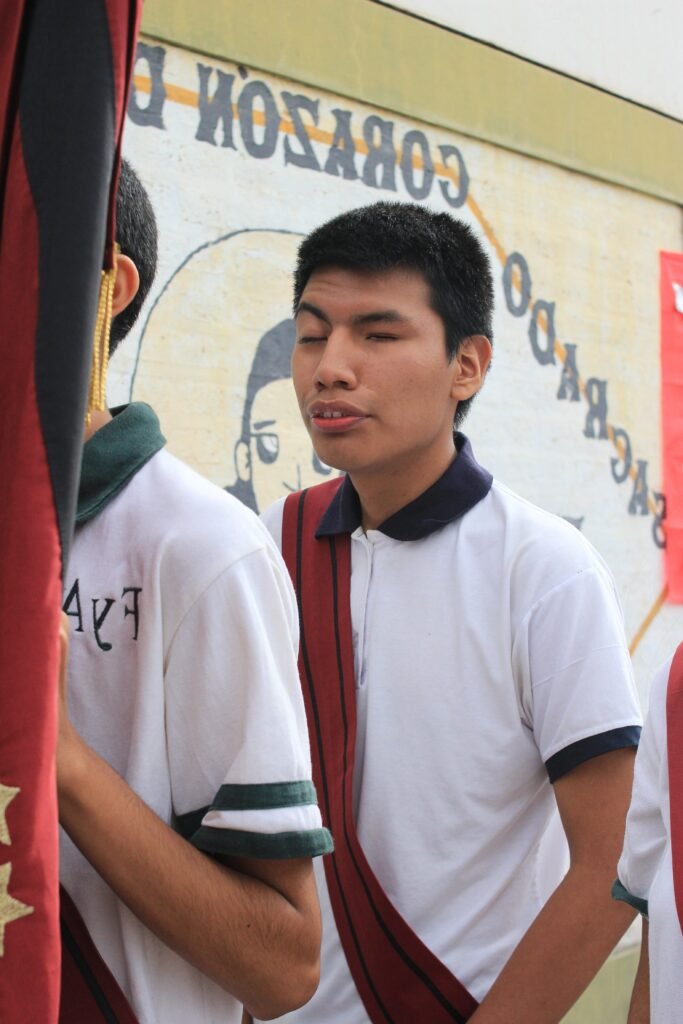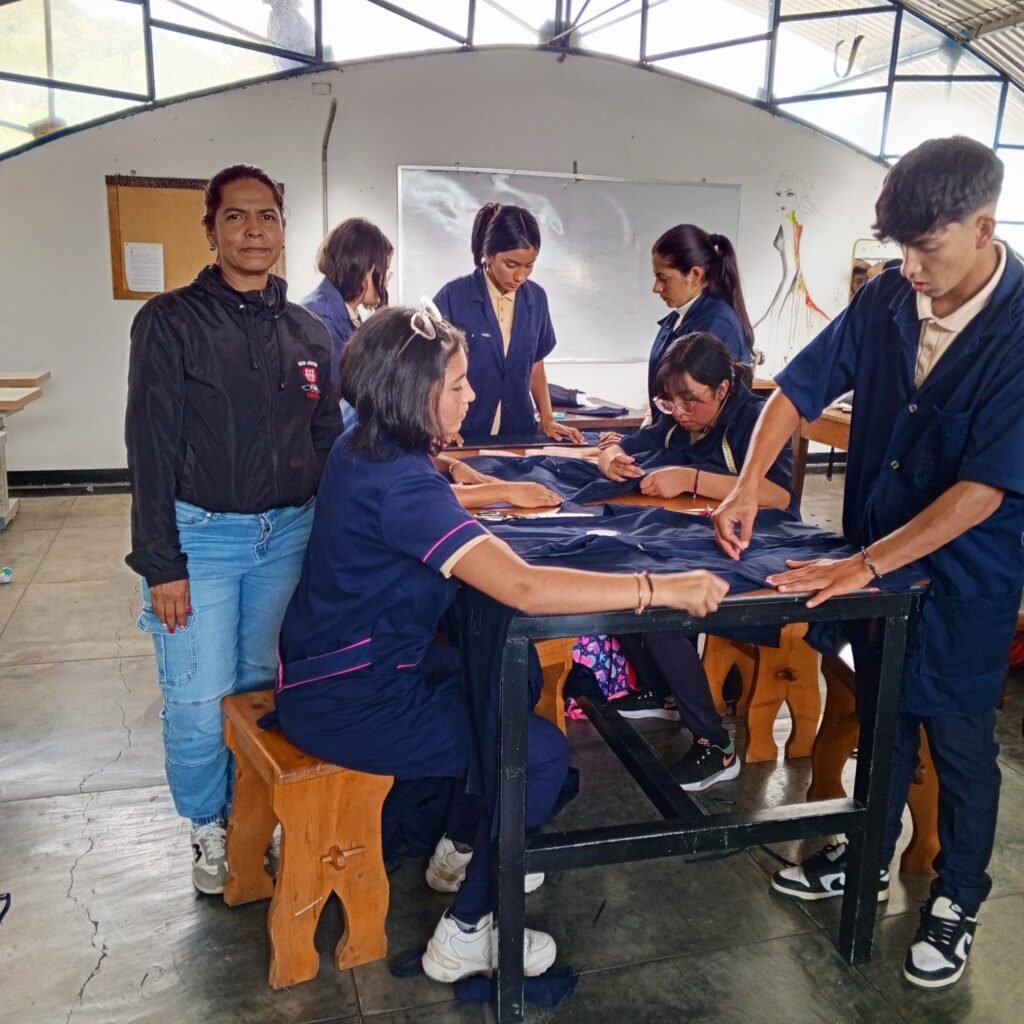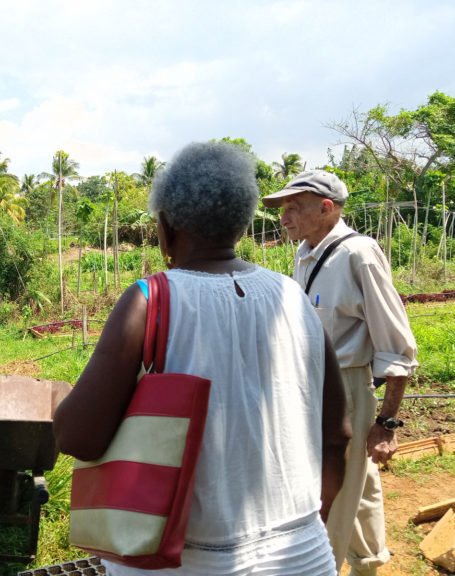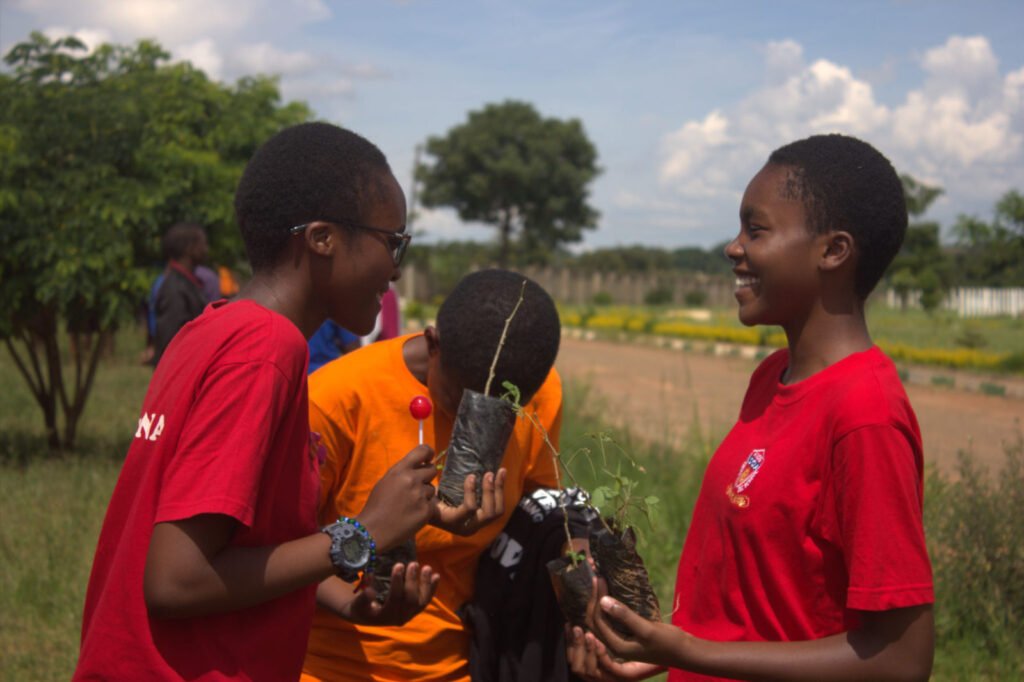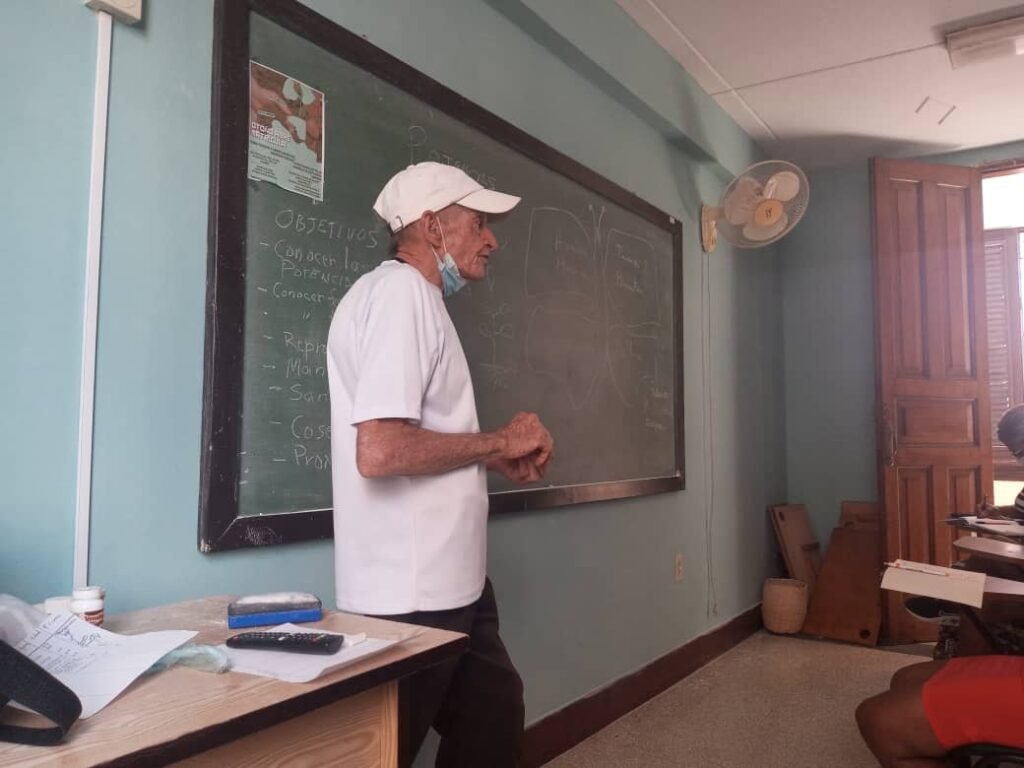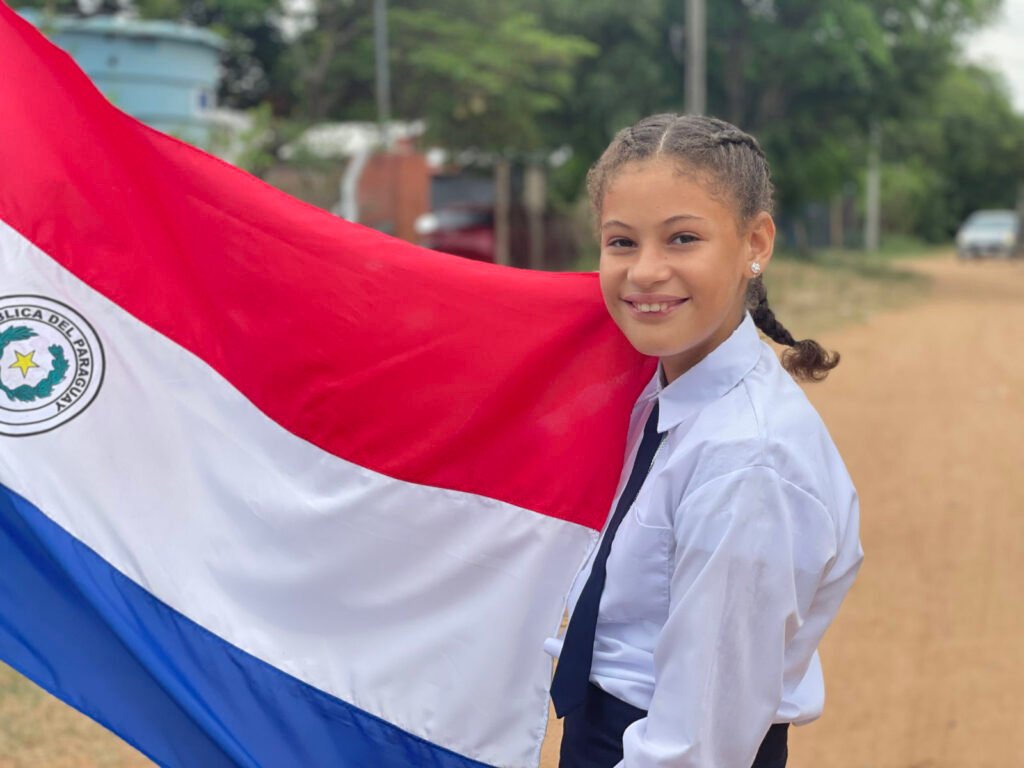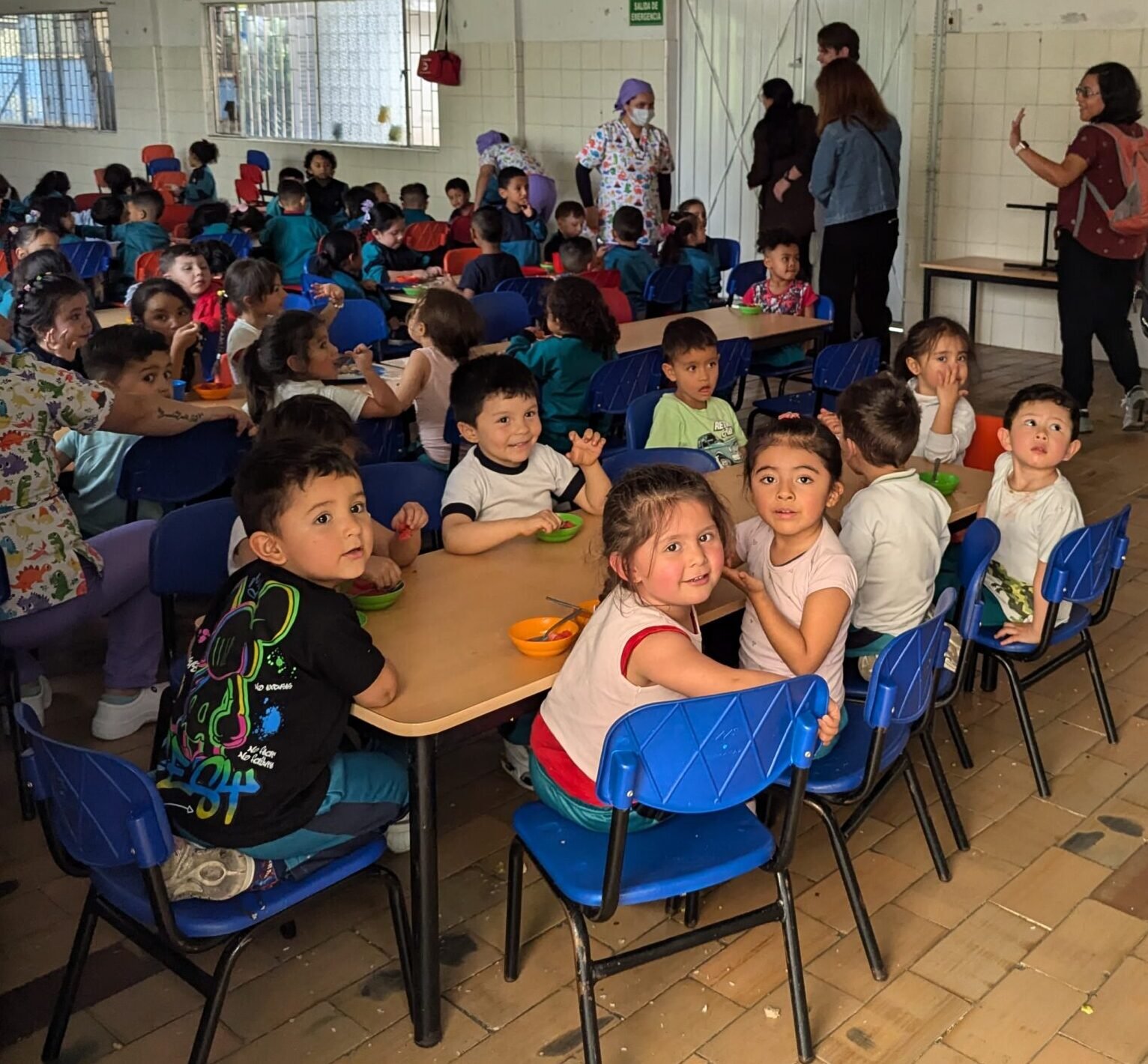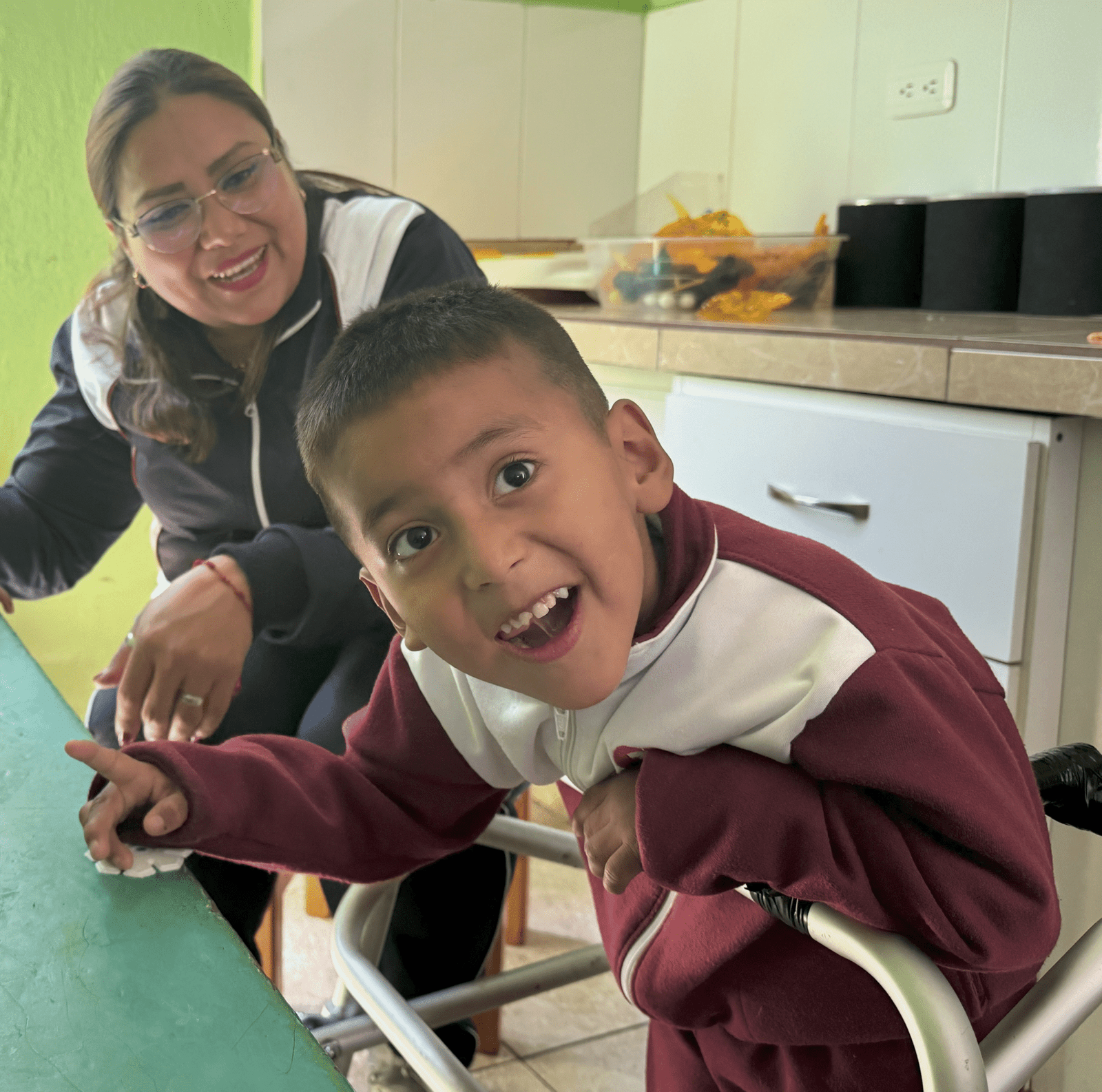Context
In El Salvador, young people face a complex and often discouraging landscape as they search for meaningful and stable employment. Economic instability, underemployment, and lack of access to quality education have left many Salvadoran youth without viable paths to personal or professional development. Fe y Alegría students facing this challenging situation can benefit from technical training, life planning, personal development, and labor intermediation to help them strengthen their employment profiles and secure new job opportunities.
While young people make up a significant portion of the Salvadoran population, many are not meaningfully engaged in education or employment. The situation is particularly difficult for young women, who face additional barriers related to gender-based violence and discrimination. Without concrete opportunities for growth, thousands of youth are left disillusioned and disconnected—conditions that perpetuate poverty, insecurity, and social exclusion. This is particularly true in the neighborhoods where Fe y Alegría is working. In Mejicanos (San Salvador) and San Rafael (Santa Ana), these challenges are compounded by exposure to violence, social fragmentation, and limited access to important employment sectors for young people and women.
However, Salvadoran youth are not passive victims of their circumstances. With the right tools, support, and opportunities, they are ready and willing to overcome these challenges, find meaningful employment locally, and create positive change in their communities. That is the driving belief behind an initiative started by Fe y Alegría El Salvador, which aims to equip 125 young people—69 women and 56 men—with the skills, confidence, and support to build dignified livelihoods and become agents of change in their own communities.
About Fe y Alegría El Salvador
Founded in 1992, Fe y Alegría El Salvador is a popular education movement rooted in the belief that quality education is a fundamental right and a transformative force for social justice. Through its schools, training centers, and social programs, Fe y Alegría El Salvador works hand-in-hand with local communities to promote human dignity, resilience, and hope—especially among youth living in vulnerable urban and rural contexts.
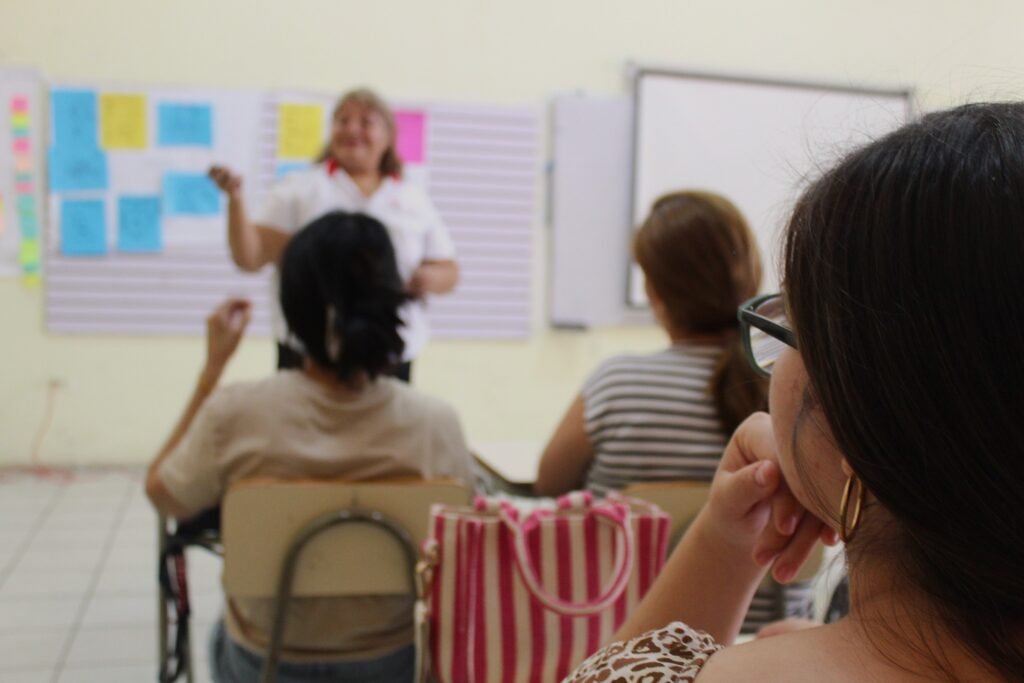
Fe y Alegría El Salvador works in three key areas: formal school education, non-formal alternative education, and social promotion. With a network of 23 educational centers, including 18 schools and 5 vocational training centers across 9 municipalities, Fe y Alegría reaches approximately 10,000 individuals annually, 53.29% of whom are women. Their team has developed effective methodologies for vocational training, life skills development, career guidance, and labor intermediation, which are standardized across its programs to ensure consistent and impactful outcomes.
The organization has established strong connections with the business sector, local authorities, and vulnerable communities, positioning itself as a key player in youth employability and labor market integration. Its institutionalized procedures guarantee coherence and accountability in program implementation, ensuring alignment with strategic goals and the achievement of measurable results.
Our Project
This new project represents an integrated response to the realities facing Salvadoran youth in the Mejicanos and San Rafael neighborhoods. Rather than offering short-term relief or one-size-fits-all solutions, Fe y Alegría El Salvador has designed a multi-dimensional approach that recognizes the personal, social, and economic barriers that youth must navigate—and seeks to dismantle them collaboratively.
This project also takes into account the increased difficulties that young women face as they seek employment in sectors that have traditionally been male dominated. The program seeks to break down barriers through gender approach training for all participants and will have a majority of female participants to help address some of the long-standing inequities in the local employment market.
The initiative accompanies participants through a three-part process:
- Vocational training: Youth will engage in technical training aligned with local market demands. Training opportunities may include areas such as entrepreneurship, digital literacy, service industry skills, and other trades with employment potential.
- Life planning and skills development: Beyond technical instruction, the project offers space for youth to reflect on their personal journeys, name their goals, and build the social-emotional skills needed to pursue them. This includes workshops on communication, leadership, conflict resolution, and decision-making.
- Livelihood support: After training, participants will receive individualized accompaniment to help them transition into the workforce or launch their own microenterprises. The project team will also work to strengthen participants’ access to employment networks and job placement resources.
This holistic model allows young people to move beyond survival and toward possibility—to see themselves not only as workers but as full human beings with dreams, dignity, and the power to shape their futures. Importantly, all three components of this model have been designed by the team to pay special attention to the experience of young women in this context since they will make up at least 55% percent of the participants, a key priority for Fe y Alegría.
How cuts to U.S. foreign aid are impacting Fe y Alegría El Salvador.
The slashing of U.S. foreign aid has had tangible consequences for organizations like Fe y Alegría El Salvador. Training and education efforts, particularly in areas such as entrepreneurship with purpose, irregular migration, technical training, and psychosocial support for young people in stigmatized communities, were directly impacted. While originally projected as a pause, the United States has subsequently canceled grant agreements that would have supported 4,311 young people, instructors, families, and collaborators.
Most of the projects affected were aimed at improving the livelihoods of participants through technical or vocational training, self-employment workshops, school reintegration programs, educational reinforcement, and job intermediation and placement services. This funding pause has directly impacted Fe y Alegría’s four technical training centers, which offer free technical courses.
American Jesuits International and members of the Xavier Network around the world have been working to respond to this unprecedented situation. Thanks to support from generous donors, we have been able to meet the immediate needs of our partners and will continue to work with them to identify new sources of funding. However, this radical change in U.S. foreign aid policy still puts many programs at risk of suspension and leaves communities on the margins scrambling to find the support they need.
How It Works: Participant Selection
In the Mejicanos and San Rafael neighborhoods, access to formal education centers is limited due to the long distances many residents must travel. As a result, most youth complete only basic education, and relatively few finish secondary school. Given this context, many young people aspire to receive technical and professional training as a means to enter the labor market and secure decent livelihoods.
The competitiveness of the job market means that a large population of Salvadoran youth are competing for limited employment opportunities, making access to programs like this in high demand. Participant selection is therefore a critical component of the project’s success and impact.
Participants will be individuals who demonstrate an interest in their own development and who enroll in training and support programs managed by Fe y Alegría. They will typically come from large, low-income families, many of which are headed by women. The selection process prioritizes:
- Young people aged 16–29 who are currently not in school or formal employment
- Youth from low-income households or facing specific vulnerabilities (e.g., single parents, early school leavers, survivors of violence)
- Young women, who will represent more than half of the participant group to ensure gender equity
- Motivated individuals who are ready to engage in a structured, transformative process
Each selected participant will be invited to an initial orientation and welcome session, where they will learn about the project structure, expectations, and opportunities for personal growth. From there, they will be accompanied throughout the full cycle of training, reflection, and action.
